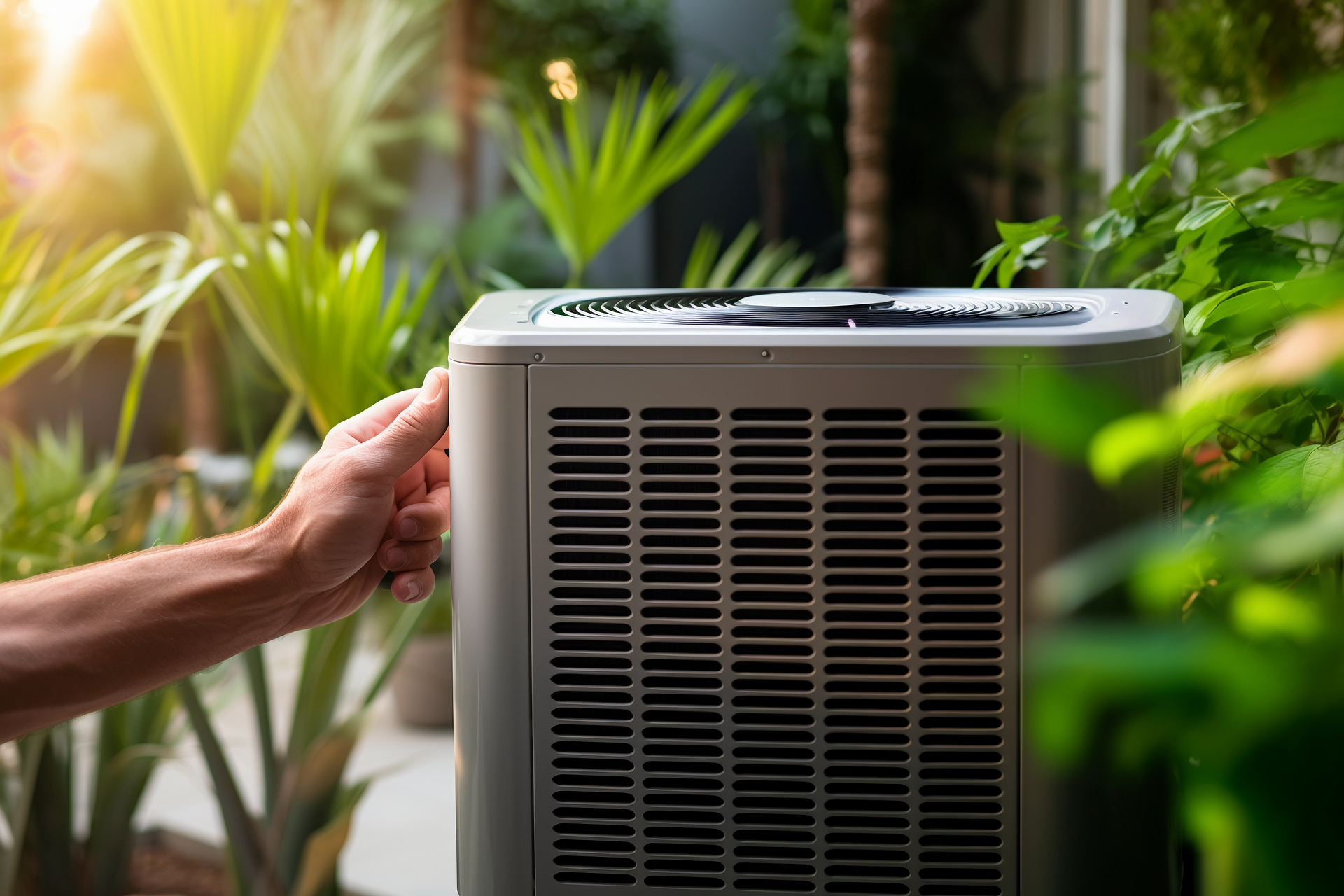Heating Systems May Be Easier Than You Think
Keeping your home warm during the chilly months doesn’t have to be a complicated process. Modern heating systems offer efficient and effective solutions tailored to meet diverse needs. Whether you’re considering a traditional boiler, hydronic heating, or a chiller system, understanding your options can make the process simpler and more rewarding.

Understanding the Basics of Heating Systems
A heating system is designed to provide thermal comfort by regulating the temperature within a space. Key types include:
- Boiler Heating Systems: These systems heat water and distribute it via radiators or underfloor heating.
- Hydronic Heating Systems: Using water as a heat transfer medium, these systems offer efficient and even heating.
- Chiller Systems: Typically used in large buildings, they regulate temperature by cooling water and removing heat.
Each type has unique benefits depending on the size, layout, and heating needs of your home or workspace.
How Heating Systems Work
Heating systems operate by converting energy into heat and distributing it throughout your space. Common methods include:
- Radiation: Heat is transferred directly to objects and people.
- Convection: Warm air circulates via vents or radiators.
- Conductive Heating: Heat is transferred through solid materials like floors.
Energy sources for these systems range from gas and electricity to renewable options like solar or geothermal energy. The choice of energy source can impact efficiency, sustainability, and operating costs.
Exploring the Benefits of Modern Heating Systems
Upgrading to a modern heating system comes with numerous advantages:
- Energy Efficiency: Newer systems consume less energy, reducing utility bills.
- Environmental Impact: Many modern systems are eco-friendly, using renewable energy sources.
- Customizable Comfort: Advanced thermostats and zoning allow precise temperature control.
- Durability: With proper maintenance, modern systems have a longer lifespan.
Investing in an upgraded system ensures reliable heating and long-term savings.
Heating Systems in the United States
In the United States, heating needs vary based on climate zones. Northern regions often require robust systems due to colder winters, while southern areas may opt for more moderate solutions. Popular heating options include:
- Furnaces: Common in colder areas for quick and effective heating.
- Heat Pumps: Preferred in milder climates for dual heating and cooling functions.
- Radiant Heating: Gaining popularity for its even heat distribution and efficiency.
Regular maintenance, such as annual tune-ups and filter changes, ensures optimal performance regardless of the system.
Comparing Heating System Providers in the U.S.
| Provider | Product/Service | Estimated Cost |
|---|---|---|
| Carrier | Heat Pumps & Furnaces | $3,000–$7,000 |
| Trane | Central Heating Systems | $2,500–$6,500 |
| Bosch | Hydronic Heating Systems | $3,500–$9,000 |
| Goodman | Gas Furnaces | $2,000–$5,000 |
These cost estimates depend on factors like system size, installation complexity, and additional features. It’s advisable to consult with certified professionals to determine the best solution for your space.
Caring for Your Heating System: Tips for Longevity
Proper maintenance is crucial to extend the lifespan and efficiency of your heating system:
- Schedule Regular Inspections: Professional check-ups can identify and fix potential issues.
- Clean Filters and Vents: Dirty components reduce efficiency and air quality.
- Upgrade Your Thermostat: Smart thermostats improve energy usage by optimizing heating schedules.
Following these tips ensures consistent warmth and reduces the risk of unexpected breakdowns.
Conclusion
Heating your home efficiently and comfortably is achievable with the right system and proper care. By understanding the various options and their benefits, you can choose a solution tailored to your needs. Whether it’s a boiler, heat pump, or hydronic system, modern heating solutions simplify the process while offering long-term savings and comfort.
The shared information of this generated article is up-to-date as of the publishing date. For more up-to-date information, please conduct own research.




